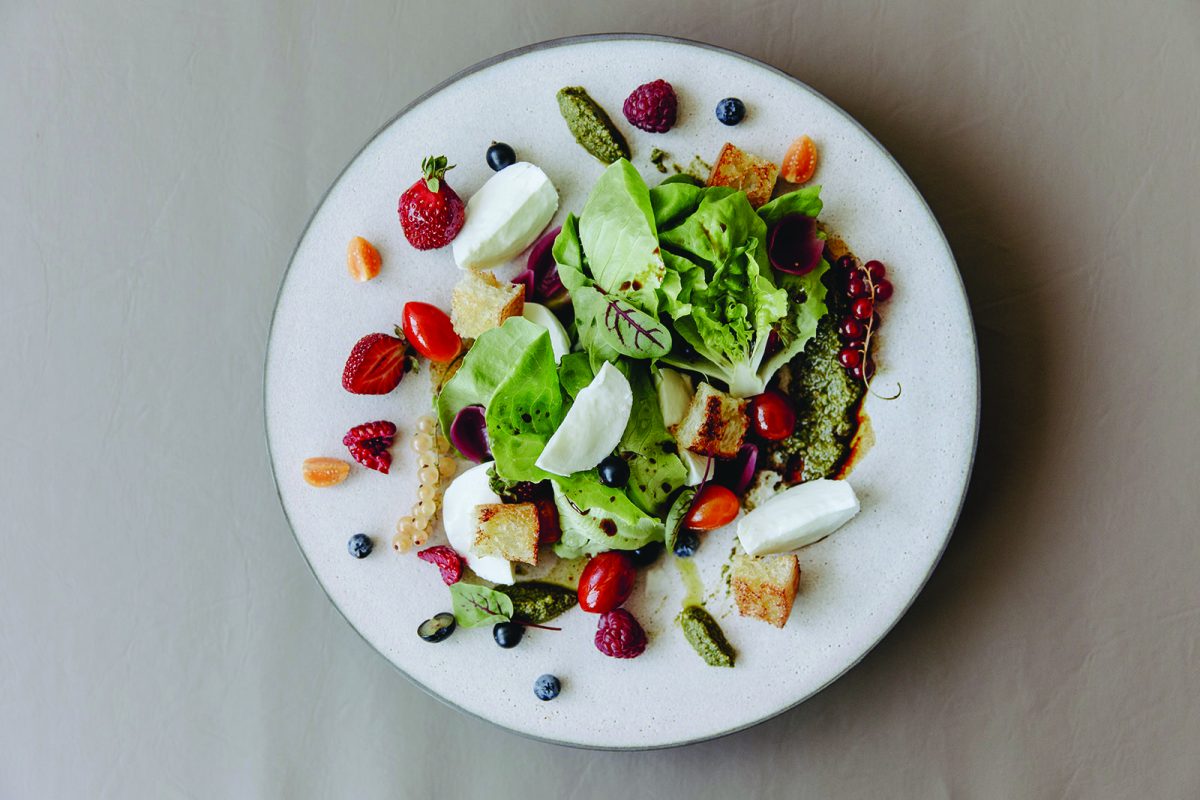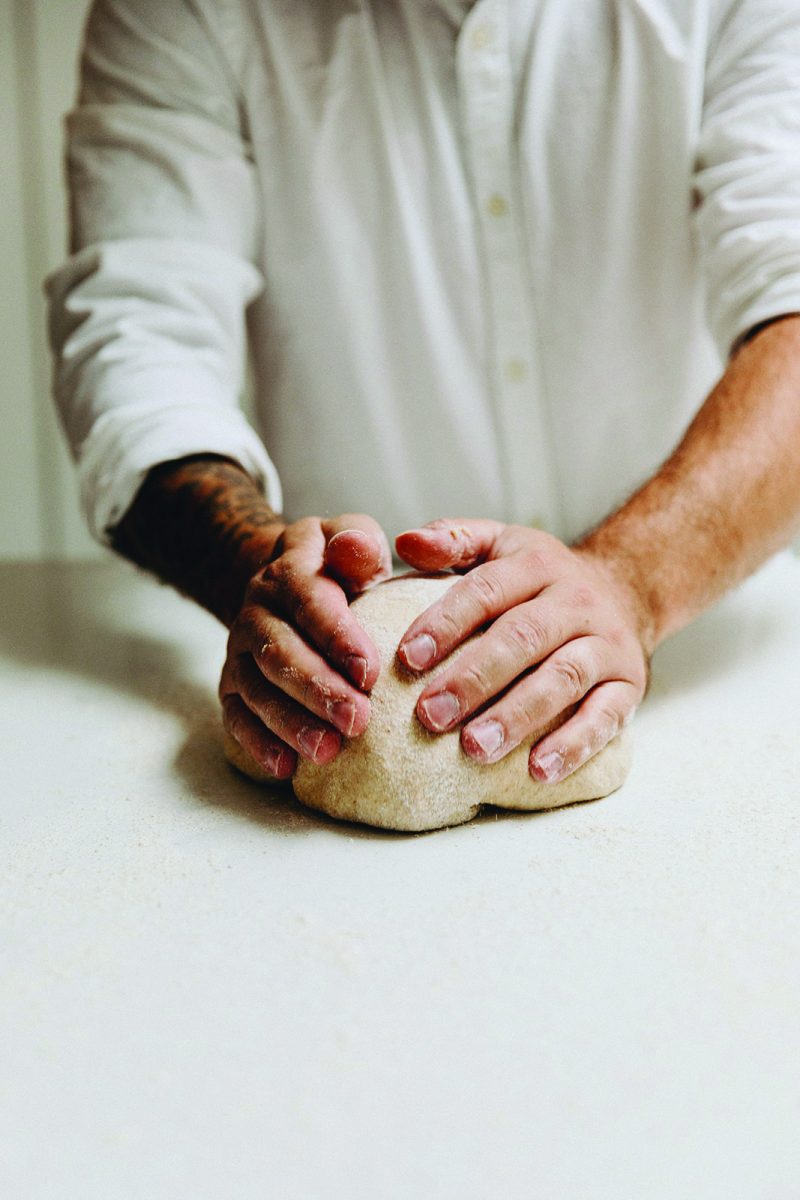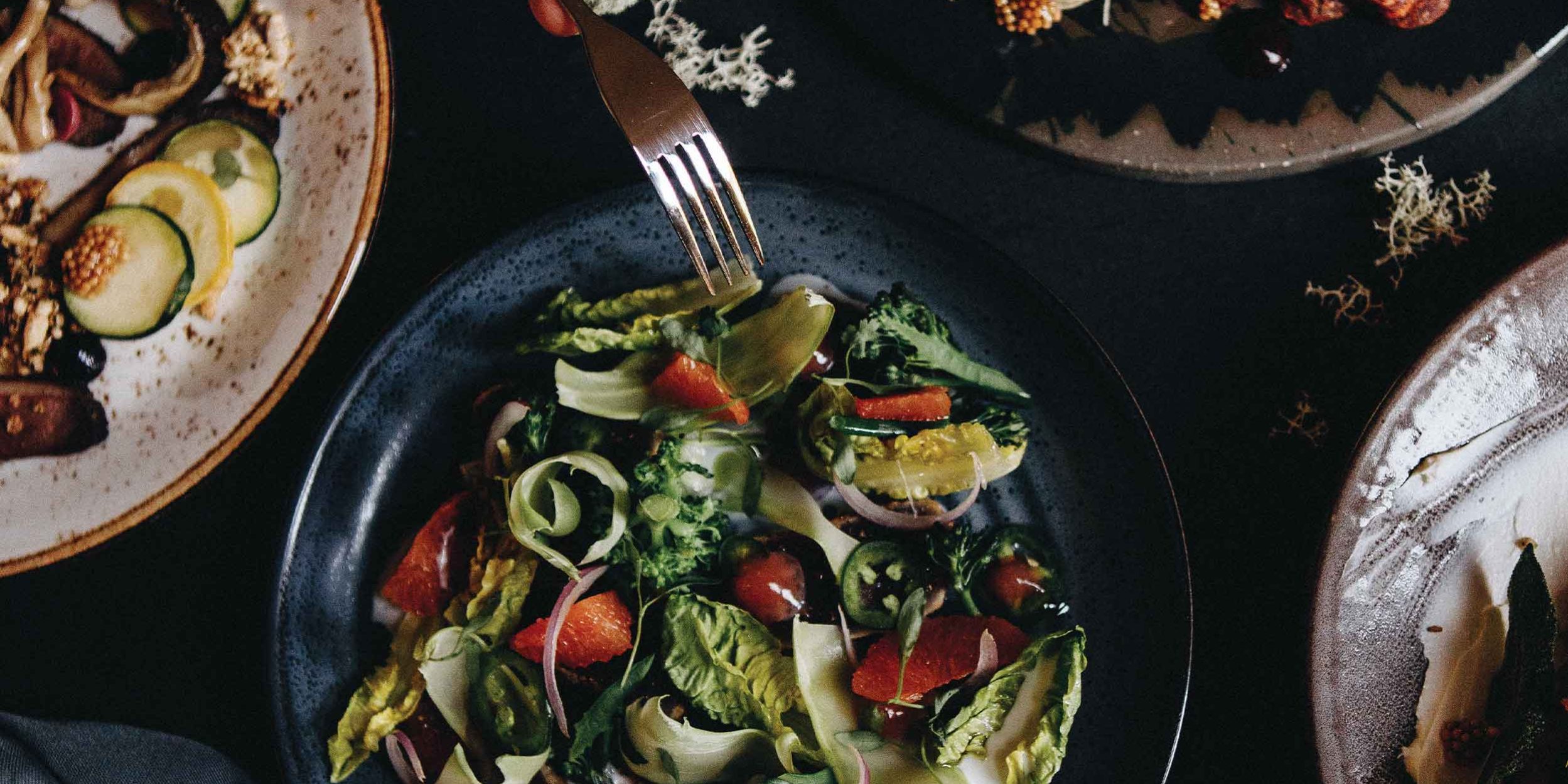In North America, nutrition often represents only a small fraction of the training for future doctors. However, this trend is about to change with the emergence of projects such as the one launched by the faculty of medicine at the Université Laval, which has become the first French-speaking university in the Americas to offer a culinary medicine course1. This course integrates all aspects of nutrition, not just the usual notions about the role of nutrients for our health. It there- fore allows the subject to be approached from several angles; the theoretical and practical aspects of nutrition are discovered there, but also its social dimension.
Training at the source
The multiple facets of nutrition are therefore increasingly integrated into the training for future doctors. This more holistic approach therefore allows them to be better equipped so that they will be able to provide practical advice to their future patients.
By giving more weight to nutrition in the curriculum, faculties of medicine also recognize the importance and the central place that it occupies in our lives. Doctors then develop concrete skills to help their patients in a realistic and proactive way. They are able to grasp all aspects of this activity (cooking abilities, socioeconomic issues, flavours, pleasure, etc.) instead of being limited to the simple (yet complex) role of nutrients. Better guided in turn, patients can then use the way they eat as a vector for healing, or at least prevention, and see food as an essential part of a healthy lifestyle. This transfer of knowledge in turn triggers a cascade of learning, allowing a real understanding of the field of nutrition.
From theory to practice
As you can see, for nutrition to become an integral part of a healthy lifestyle, the transmission of theoretical notions about the nutritional value of food, although essential, is not sufficient. Changing your eating habits over the long term requires an approach that includes all aspects of nutrition. For exam- ple, it is essential for individuals to develop cooking skills, have access to healthy foods, and be motivated if they want to change their eating habits in order to improve their health or prevent certain diseases.
By inviting medical students into the kitchen to develop their culinary tech- niques and experiment with the flavours and textures of foods, they will be better able to pass on their knowledge and testify to the importance and pleasure of cook- ing for good health. Because beyond the nutritional value of food, cooking is one of the best ways to improve your health, save money, and limit your consumption of highly processed products. Remember that in Canada, half of all calories consumed come from processed or ultra-processed foods2; these are convenient products, of course, but not necessarily optimal given the many additives that they contain.
The concrete aspect also allows medical students to become aware of the socioeconomic issues surrounding food. While it is true that in some societies, ultra-processed products overshadow healthy yet accessible products, other countries unfortunately suffer from food accessibility problems. We quickly understand that a holistic vision makes it possible to grasp all the difficulties that may lead to a diet that does not meet the needs of individuals.

A wind of change…
Such a change cannot be made only in the academic world. For- tunately, the field of nutrition has also evolved greatly in recent years, gradually integrating notions that go beyond the intrinsic nutritional values of foods. The nutrition field is now making room for concepts such as the pleasure of eating, the importance of cooking, and intuitive eating.
It is interesting to note this growing recognition of the psychosocial aspect of food, which serves not only to meet physical needs, but also emotional, psychological, and social needs. This vision of food can be found in particular in the Mediterranean diet, which is recognized as being beneficial for both physical and psychological health, since its approach is based not only on healthy foods, but also the importance of cooking and sharing a good meal.
This evolution in the field of nutrition is also reflected in the most recent version of Canada’s Food Guide, which has abandoned the concept of servings to make room for proportions, while including other aspects of food, mindfulness, and respecting hunger and satiety cues. The new guide also encourages people to cook more often and eat their meals in the company of their loved ones, neighbours, or colleagues, which helps strengthen social ties and make life more enjoyable. These new recommendations acknowledge the fact that a healthy diet is a whole made up of a set of factors.

AT the heart of your practices
Because it allows us to meet our need for connection with others, food also has a social dimension. Indeed, it can help break down the isolation of elderly people and allow us to pass on food traditions to children or meet new people. Food is a pretext to develop strong social ties, come together, create beautiful memories, discuss, exchange ideas, relax, and enjoy the present moment, and this social dimension of food is just as important for our health as its nourishing function. Furthermore, the importance of social contact can be found in studies related to the common characteristics of centenarians3… Something to inspire us to surround ourselves with good people!
The field of nutrition is rich, and its teaching must reflect its complexity. The initiative of the faculty of medicine at the Université Laval shows us the way, and to continue this momentum, I propose that we take a shift in 2023 by re-evaluating our health goals: move from integrating healthy foods to eating more often in good company. It’s a safe bet that our overall health can only improve.

Sources
1 Roy, A. (2022, November 16). La médecine culinaire : une première dans le monde universitaire francophone. Radio-Can- ada. https://ici.radio-canada.ca/nouvelle/1932964/mede- cine-nutrition-alimentation-sante-epicerie
2 Polsky, J. Y., Moubarac, J., and Garriguet, D. (November 18, 2020). “Consumption of ultra-processed foods in Canada.” Statistics Canada. https://www150.statcan.gc.ca/n1/ pub/82-003-x/2020011/article/00001-eng.htm
3 Simard, E. ( Unknown date). Prévention de l’Alzheimer par un mode de vie sain [webinar]. Isabelle Huot Docteure en nutrition. https://www.isabellehuot.com/collections/ webinaires/products/webinaire-prevention-alzheimer-par- mode-de-vie-sain




